
In high-risk patients with chronic lymphocytic leukemia (CLL), CD19 chimeric antigen receptor (CAR)-T cells of defined composition can be administered with an acceptable early toxicity.

In high-risk patients with chronic lymphocytic leukemia (CLL), CD19 chimeric antigen receptor (CAR)-T cells of defined composition can be administered with an acceptable early toxicity.

KTE-C19, an investigational CAR T-cell therapy, recently demonstrated positive results for patients with chemorefractory aggressive non-Hodgkin lymphoma.

A new single-patient case study, published in the New England Journal of Medicine, has raised the possibility of using CAR-T cells in the treatment of glioblastoma, an aggressive form of brain tumor.
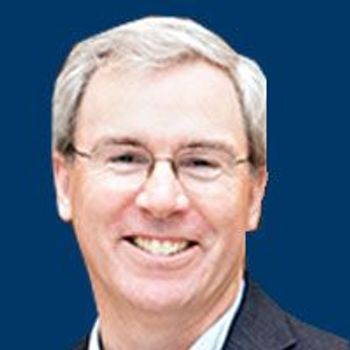
JCAR017 has received an FDA breakthrough therapy designation for the treatment of patients with relapsed/refractory, aggressive large B-cell non-Hodgkin lymphoma.
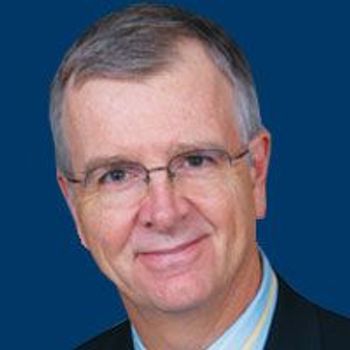
Frontline therapy for patients with ALK-positive non–small cell lung cancer is poised to change in the coming years, as researchers continue to explore agents beyond crizotinib.

The landscape of mantle cell lymphoma is clearly evolving, due to the availability of new treatment options incorporating novel biologic agents. To optimize therapy, we should build on what has been accomplished over the last 3 decades.

The use of anti-CD19 chimeric antigen receptor T cells induced a nearly sixfold higher rate of complete response compared with historical outcomes in patients with refractory, aggressive non-Hodgkin lymphoma.

For the first time, a study shows that using an immunomodulatory agent as maintenance therapy prolongs progression-free survival for patients with diffuse large B-cell lymphoma after first-line treatment with rituximab plus CHOP.
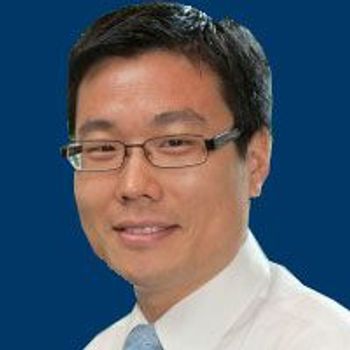
Tepotinib, an investigational small molecule that targets a recently identified aberration in the MET gene, is moving forward rapidly in clinical development for patients with non–small cell lung cancer who harbor the mutation, raising hopes that a more specific attack on the signaling pathway will lead to a new therapy for a significant subgroup of individuals with the disease.
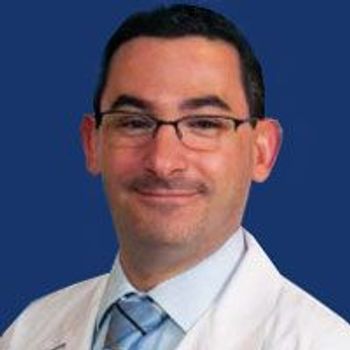
The CD19-directed CAR T-cell therapy JCAR017 demonstrated a 60% complete response rate in patients with relapsed or refractory CD19-positive non-Hodgkin lymphoma.
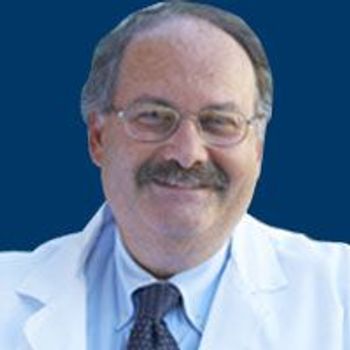
According to the results of the phase III StaMINA trial evaluating posttransplant therapy in multiple myeloma, a second a round of chemotherapy or stem cell transplant does not improve progression-free survival or overall survival compared with the current standard course of treatment alone.

Almost 80% of patients with treatment-refractory non-Hodgkin lymphoma had objective responses following treatment with KTE-C19, a chimeric antigen receptor T-cell therapy targeting CD19.

Osimertinib (Tagrisso) reduced the risk of disease progression by 70% compared with a chemotherapy doublet in patients with EGFR T790M-mutant non–small cell lung cancer (NSCLC) who progressed after first-line targeted therapy.

In high-risk patients with chronic lymphocytic leukemia (CLL), CD19 chimeric antigen receptor (CAR) T-cells of defined composition can be administered with an acceptable early toxicity.
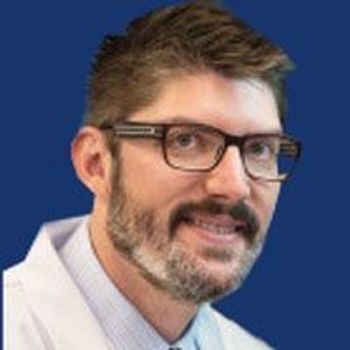
Treatment with the CD19-directed CAR T-cell therapy KTE-C19 showed a complete remission rate of 73% for patients with aggressive, chemorefractory primary mediastinal B-cell lymphoma and transformed follicular lymphoma.

While treatment with nivolumab (Opdivo) significantly improved overall survival over docetaxel in patients with advanced non–small cell lung cancer in the CheckMate-057 trial, an analysis of deaths occurring within 3 months of initiation of therapy showed numerically more deaths in the nivolumab arm.

T-cell therapy targeting CD22, a protein found on the surface of leukemic cells, was safe and feasible in a small and ongoing study of patients with ALL.
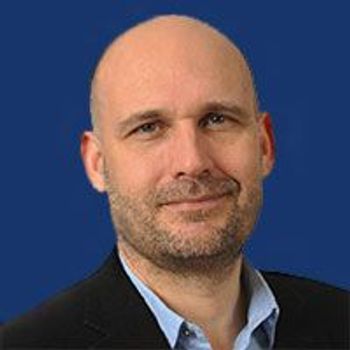
Younger patients with mantle cell lymphoma lived significantly longer and without disease progression or clinical events when they received rituximab maintenance therapy after stem cell transplantation, final results of a randomized trial showed.
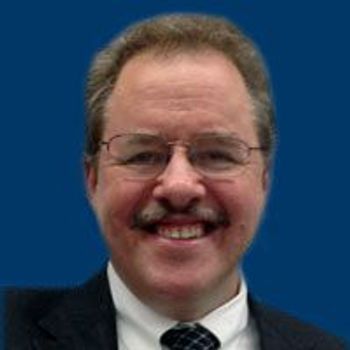
The CAR T-cell therapy CTL019 demonstrated an 82% complete remission (CR) or CR with incomplete blood count recovery rate for pediatric and young adult patients with relapsed/refractory B-cell acute lymphoblastic leukemia.

Phase 3 results from the LyMa trial show that rituximab maintenance therapy after autologous stem cell transplant (ASCT) prolongs event-free survival, progression-free survival, and overall survival (OS) in previously untreated young patients with mantle cell lymphoma (MCL).
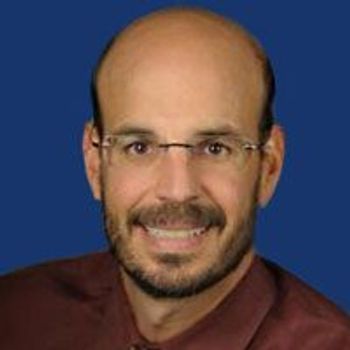
Anti-CD22 chimeric antigen receptor (CAR) T-cell therapy induced an 80% complete remission rate among children and young adults with relapsed/refractory B-cell acute lymphoblastic leukemia, many of whom had prior anti-CD19 CAR T-cell therapy.

Distinct genetic signatures can help distinguish responders from nonresponders of chimeric antigen receptor (CAR) T-cell treatment in patients diagnosed with chronic lymphocytic leukemia (CLL).

Administration of bb2121, a novel anti–B-cell maturation antigen CAR T-cell therapy, produced anti-tumor responses in heavily pretreated patients with relapsed/refractory multiple myeloma, according to interim data from a phase I trial.
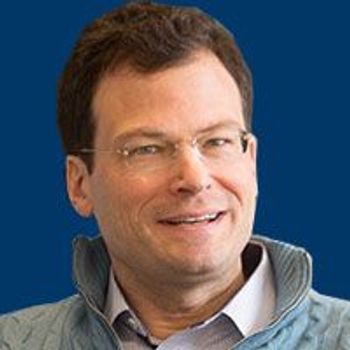
An investigational anti-BCMA chimeric antigen receptor T-cell therapy demonstrated an objective response rate of 78% in patients with relapsed/refractory multiple myeloma.

Interim data analysis of a phase 1 trial of chimeric antigen receptor-T cells (CAR-T) targeting the B-cell maturation antigen in heavily pretreated patients with multiple myeloma has identified an objective anti-tumor response, with limited toxicity.

Do you know the latest on the 24-gene Post-Operative Radiation Therapy Outcomes Score for patients with prostate cancer? How about the important risk factors for prostate cancer incidence?

For a second time, a clinical hold has been placed on the phase II ROCKET study exploring the CD19-targeted CAR T-cell therapy JCAR015 for adult patients with relapsed or refractory B cell acute lymphoblastic leukemia.

Within 4 months of the last reported incident, Juno Therapeutics has again halted the phase 2 “Rocket” trial of JCAR015 in patients with relapsed or refractory B cell acute lymphoblastic leukemia (ALL).

Treatment with recombinant adeno-associated virus vector gene-therapy was shown to be safe and potentially effective in a small test group of patients with neovascular age-related macular degeneration.

The US Food and Drug Administration (FDA) in record time has approved nivolumab (Opdivo) for the treatment of patients with recurrent or metastatic squamous cell carcinoma of the head and neck (SCCHN) with disease progression on or after a platinum-based therapy.